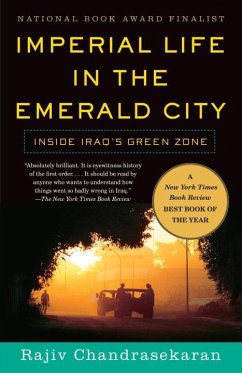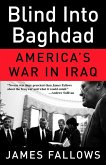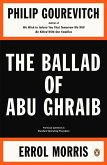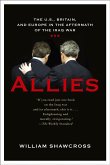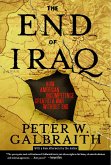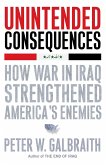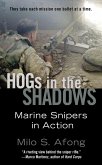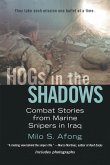Hailed by "The New York Times Book Review" as absolutely brilliant, this national bestseller examines the numerous self-inflicted pitfalls, miscalculations, and blunders that had plagued the first year of the American occupation of Iraq.
A National Book Award Finalist and New York Times Bestseller The Green Zone, Baghdad, Iraq, 2003: in this walled-off compound of swimming pools and luxurious amenities, Paul Bremer and his Coalition Provisional Authority set out to fashion a new, democratic Iraq. Staffed by idealistic aides chosen primarily for their views on issues such as abortion and capital punishment, the CPA spent the crucial first year of occupation pursuing goals that had little to do with the immediate needs of a postwar nation: flat taxes instead of electricity and deregulated health care instead of emergency medical supplies. In this acclaimed firsthand account, the former Baghdad bureau chief of The Washington Post gives us an intimate portrait of life inside this Oz-like bubble, which continued unaffected by the growing mayhem outside. This is a quietly devastating tale of imperial folly, and the definitive history of those early days when things went irrevocably wrong in Iraq.
A National Book Award Finalist and New York Times Bestseller The Green Zone, Baghdad, Iraq, 2003: in this walled-off compound of swimming pools and luxurious amenities, Paul Bremer and his Coalition Provisional Authority set out to fashion a new, democratic Iraq. Staffed by idealistic aides chosen primarily for their views on issues such as abortion and capital punishment, the CPA spent the crucial first year of occupation pursuing goals that had little to do with the immediate needs of a postwar nation: flat taxes instead of electricity and deregulated health care instead of emergency medical supplies. In this acclaimed firsthand account, the former Baghdad bureau chief of The Washington Post gives us an intimate portrait of life inside this Oz-like bubble, which continued unaffected by the growing mayhem outside. This is a quietly devastating tale of imperial folly, and the definitive history of those early days when things went irrevocably wrong in Iraq.

